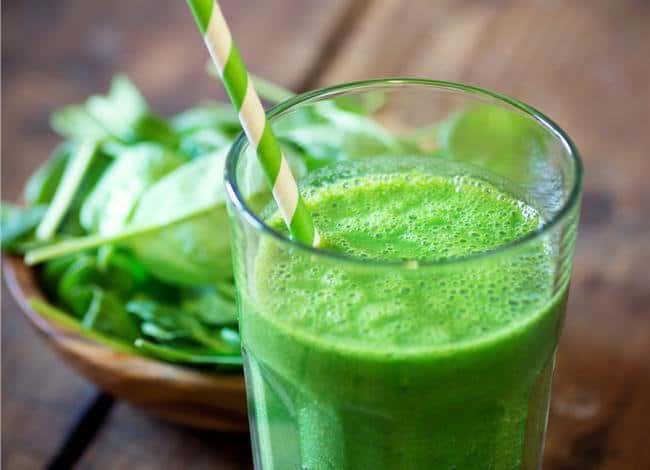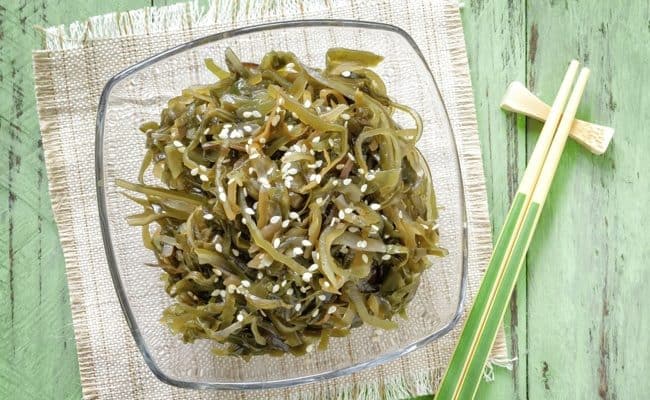
Aloe Vera has been used for medicinal purposes for many years in various cultures. In modern times, Aloe Vera products are used in gel form as topical creams or Aloe Vera juice is manufactured for ingestion. There are some claims for the health benefits of Aloe Vera juice, but there are also toxicity warnings from ingesting Aloe Vera.
Aloe Vera has been used as a treatment for many conditions including digestive health, respiratory problems, diabetes and inflammation. Here is a closer look at the health claims of Aloe Vera juice and if it is beneficial or not.
Digestive health
Aloe Vera has a natural laxative effect on the digestive system which can be beneficial for relieving constipation. Phenolic compounds in aloe are what give a laxative effect. Some countries also use Aloe Vera juice for treatment of ulcers or irritable bowel syndrome.
Some research indicates taking Aloe Vera gel by mouth may help with ulcerative colitis. Aloe Vera can help with constipation, but the main ingredient for this is Aloe latex. In fact, the latex in the Aloe Vera plant can be considered unsafe to ingest. Aloe latex was a common ingredient for laxatives, but in 2002 the FDA mandated that all laxatives with aloe latex be removed for safety reasons.
Aloe gel is relatively safe in products that are used for consuming, but aloe latex is possibly unsafe at any dose, especially high doses according to the National Institute of Health. For any digestive supplements targeting digestive health, make sure the product has Aloe Vera gel or juice not Aloe latex.
Antioxidant and antibacterial
Some research studies have suggested Aloe Vera has a high antioxidant content and has antibacterial and antifungal properties. The antioxidant content in Aloe Vera products may be one reason why it is marketed as anti-inflammatory. For example, some research suggests people on radiation therapy for cancer may lower the risk of mouth inflammation when rinsing with an Aloe Vera solution.
Diabetes
Sometimes Aloe Vera juice is marketed to help regulate blood sugar and claiming to reduce risk of developing diabetes. According to the National Institute of Health, there is conflicting evidence from research studies if Aloe Vera can help regulate blood sugar in people with diabetes.
If someone is taking medication for diabetes, Aloe Vera may interact with diabetes medication. Talk to a physician before drinking Aloe Vera juice if you are taking any medication.
Respiratory problems
Aloe Vera juice is a common treatment for coughs, sore throats or to relieve asthma in India, Pakistan, South America, Central America, Africa, the Caribbean and the South Pacific. However, the National Institute of Health does not indicate Aloe Vera juice may help with these conditions.
Aloe latex can be used as an ingredient when targeting asthma or other related respiratory problems, so use caution with these products.
Heart health
Some research suggests Aloe Vera taken by mouth may help lower blood cholesterol and triglycerides in people with high blood cholesterol. However, the evidence for this is small and not sufficient evidence according to the National Institute of Health. More research needs to be done.
Other harmful effects from Aloe latex
Some research in animals indicates high levels of Aloe latex may increase risk for cancer and may cause kidney damage. Be wary of claims that Aloe products may help fight off cancer. According to the American Cancer Society, scientific evidence does not support the use of Aloe Vera products to treat cancer.
The American Cancer Society and the National Institute of Health recommend that pregnant and breast feeding women do not ingest Aloe Vera products. Aloe Vera products are possibly unsafe for children as well.
Is Aloe Vera juice safe?
The International Aloe Science Council (IASC) has parameters in place to test the quality and safety of Aloe Vera juices. Aloe products should have no more than 10 parts per million of the harmful latex compounds. Look for the IASC certification seal on Aloe products to ensure safety procedures were put in place when making these products to keep them safe.
Juice made from Aloe Vera gel is usually safe, but anyone taking medication, pregnant or breast feeding women or someone with other underlying health issues should not take Aloe Vera products or consult a health professional before ingesting.
Conclusion
Aloe Vera juice has been used for centuries as a common treatment for many health conditions. Although Aloe Vera gel use for skin issues is relatively safe, ingestion of Aloe Vera products should be monitored more closely. Avoid any Aloe products with aloe latex, and look for the IASC certification seal on Aloe Vera juices to ensure harmful compounds are not in excess.
Aloe Vera has not been confirmed as a treatment for cancer from the American Cancer Society, and many health conditions Aloe Vera products may help have insufficient research to back up the claims.
References used in this article










